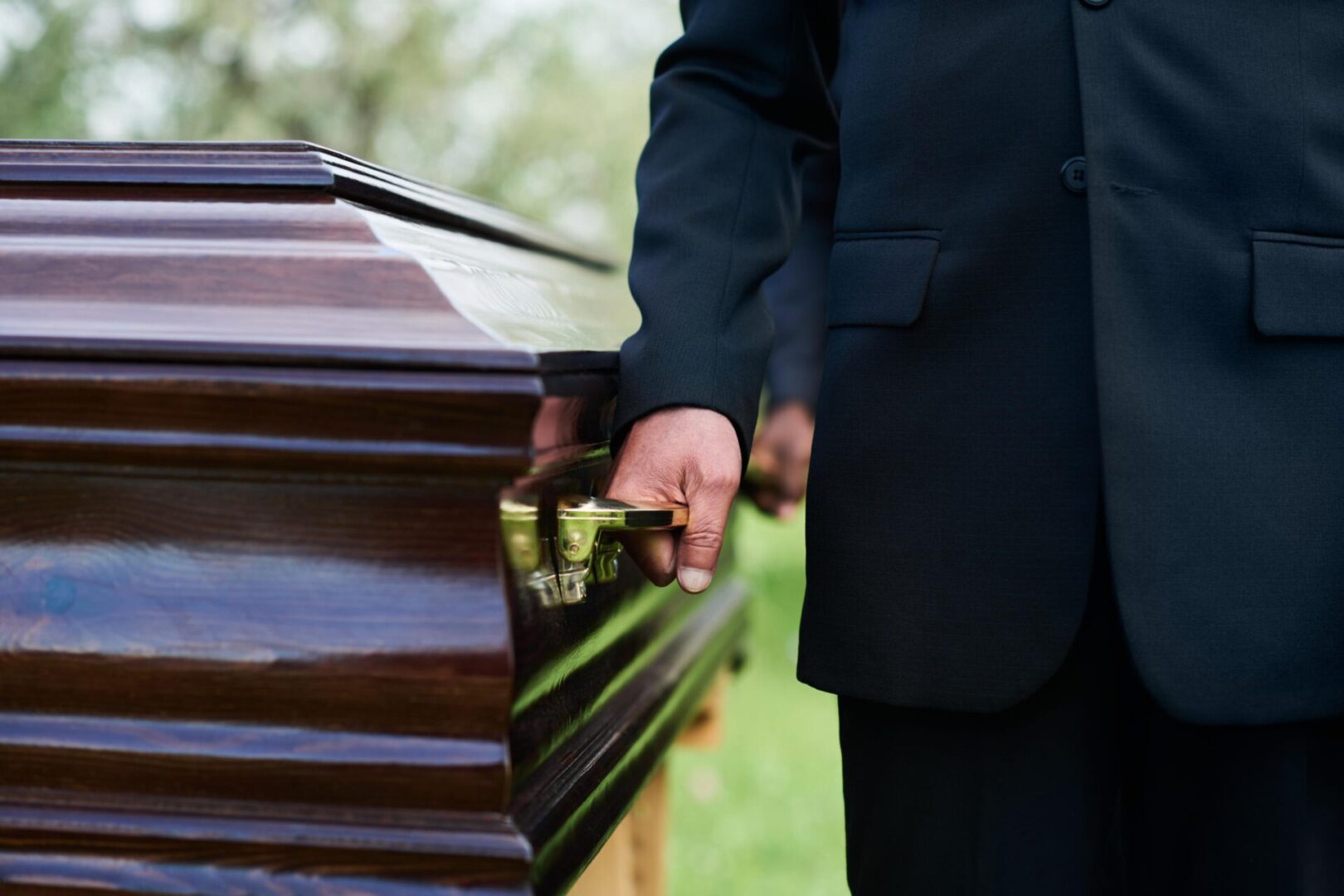
Behind the Scenes: A Day in the Life of a Mortuary Transport Specialist
When a loved one passes away, few people think about the complex logistics involved in transporting the deceased to their final resting place. Mortuary transport specialists play a crucial role in ensuring the dignified and professional transfer of human remains, often working behind the scenes in one of the most challenging yet rewarding professions. This article takes you through a day in the life of a mortuary transport specialist, offering a glimpse into the dedication, compassion, and precision required in this line of work.
Starting the Day: Preparation and Readiness
The work of a mortuary transport specialist starts long before a call comes in. These professionals must always be ready to respond at any hour, as death does not follow a predictable schedule. Many transport specialists work on-call shifts, ensuring that when a request comes in, they are prepared to act swiftly.
- Mornings typically begin with checking and preparing transport vehicles. This involves:
- Ensuring that stretchers, body bags, and personal protective equipment (PPE) are clean and in proper condition.
- Verifying that all necessary paperwork and permits are on hand.
- Checking fuel levels and vehicle maintenance to prevent any delays during transport.
In some cases, transport specialists may receive scheduled assignments from hospitals, hospices, or funeral homes. However, a large portion of their work is unscheduled and requires immediate response.
Receiving the Call: The Logistics of Transport
When a transport request comes in, specialists must act quickly and professionally. Calls can come from a variety of sources, including:
- Hospitals
- Nursing homes
- Hospice facilities
- Medical examiners’ offices
- Private residences
Each call is different, and specialists must be prepared to handle diverse circumstances. The dispatcher provides details such as the location, condition of the remains, and any special instructions required for transport. The transport team then moves swiftly to the pickup site, ensuring that they have all the necessary documentation and equipment.
At the Pickup Site: Professionalism and Sensitivity
Arriving at the pickup location requires a blend of professionalism, empathy, and efficiency. Mortuary transport specialists often interact with grieving families, medical personnel, or law enforcement officers. Sensitivity is key, as they are entering an emotionally charged environment.
Some steps in this phase include:
- Confirming identity: Verifying the deceased’s information with hospital staff, nursing home employees, or law enforcement.
- Assessing the situation: Determining the best method to transfer the remains based on location, condition, and any special handling requirements.
- Careful handling: Moving the body with dignity and care, using appropriate techniques and equipment.
For home removals, specialists must be particularly delicate, as they are often in the presence of grieving family members. In cases involving crime scenes or forensic investigations, they may need to coordinate with law enforcement and follow strict protocols to preserve evidence.
Transporting the Deceased: The Journey
Once the body is secured in the transport vehicle, the next step is ensuring safe and timely delivery to the designated location. Depending on the circumstances, this could be a funeral home, medical examiner’s office, crematory, or another facility.
- Transport specialists must follow specific legal guidelines regarding:
- Permits and documentation: Ensuring all required paperwork, such as death certificates and transport permits, are in order.
- State and federal regulations: Complying with health and safety laws, particularly for interstate or international transport.
- Vehicle standards: Using specialized transport vehicles designed to safely carry human remains.
During long-distance transports, specialists may need to coordinate flights, work with airlines, or arrange for refrigerated storage to preserve the body. In some cases, they may also be responsible for handling repatriation services when transporting remains across international borders.
Delivery and Coordination with Funeral Homes
Upon arrival at the receiving location, mortuary transport specialists must ensure a smooth transfer of remains. This involves:
- Communicating with funeral home staff or medical examiners.
- Verifying all paperwork and confirming details of the delivery.
- Assisting with placement if required, ensuring the body is handled respectfully.
In cases of repatriation, additional documentation and legal procedures must be followed, sometimes involving embassies or consulates.
Challenges and Emotional Aspects of the Job
While mortuary transport is a crucial service, it comes with unique challenges. Specialists must cope with emotionally charged environments, handle deceased individuals in various conditions, and maintain a high level of professionalism under difficult circumstances.
Some of the toughest aspects of the job include:
- Dealing with grieving families: Providing comfort without overstepping professional boundaries.
- Handling tragic cases: Transporting victims of accidents, homicides, or infant deaths can be particularly challenging.
- Irregular hours: Being on call means working nights, weekends, and holidays.
- Physical demands: Lifting and maneuvering bodies requires strength and endurance.
Despite these challenges, many professionals find deep meaning in their work. Providing a respectful final journey for the deceased and offering comfort to their loved ones is a source of fulfillment for those in the field.
The Unsung Heroes of the Funeral Industry
Mortuary transport specialists play an indispensable role in the funeral and medical industries. Their work ensures that human remains are handled with dignity, transported safely, and delivered efficiently to their final destinations. Though often unseen, their contributions make a profound impact on grieving families and the professionals they work alongside.
Tags: